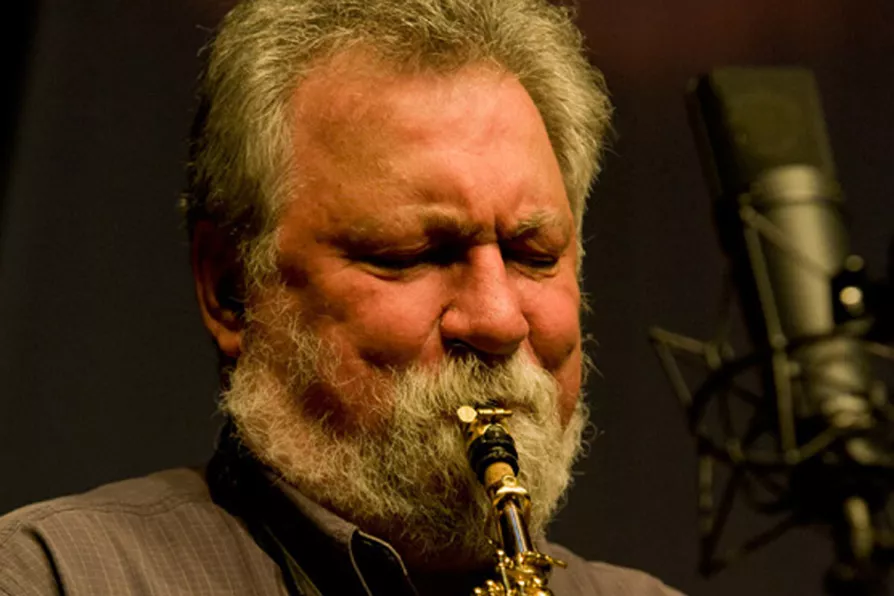MARIA DUARTE reviews Desperate Journey, Blue Moon, Pillion, and Wake Up Dead Man: A Knives Out Mystery

 Creating sparks: Evan Parker
[Nichael Hoefner]
Creating sparks: Evan Parker
[Nichael Hoefner]
THE improvising tenor saxophone of Evan Parker, joined by that Godzilla of bassists John Edwards and the sometimes ferocious, sometimes tender slides of arch-trombonist and sound-installation artist Robert Jarvis are a free-playing playing and virtuoso trio, as they demonstrate at this gig.
As they open, Edwards’s bow seemed to mow his strings with long, lingering notes, while Jarvis’s moaning slides seem to go back to New Orleans and Kid Ory’s Savoy Blues and his curling, luxuriant multisonic speechifying suddenly interrupts Edwards’s quickfire plucking and the percussive embrace of his bass.
Through it all, Parker’s tenor blows out circles of sound — snatches of Coleman Hawkins, echoes of Sonny Rollins and sound-spectres of John Coltrane — in notes showering out of his horn. It’s as if a century of jazz is coalescing, earthed by a bassist whose pounding brilliance makes a drum for this percussion-free trio.

As part of the 2025 London Jazz Festival Rich Mix offered intriguing sessions titled 'Persian Jazz,' CHRIS SEARLE was there

CHRIS SEARLE wallows in an evening of high class improvised jazz, and recommends upcoming highlights in May












